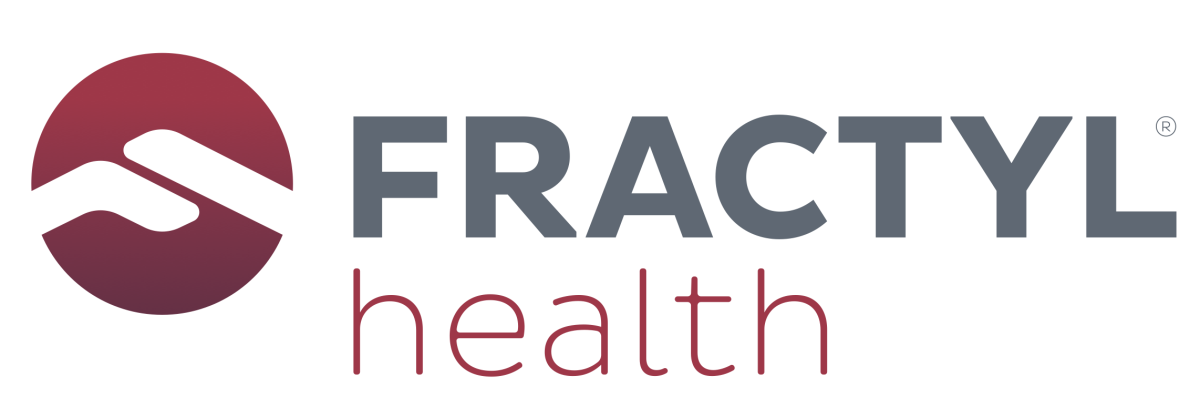
HFC-Free Refrigeration Lags Behind in Supermarkets: Report Calls Out Major Chains for Poor Performance
According to a report by the Environmental Investigation Agency (EIA), US supermarkets are under scrutiny for their lack of transparency and slow adoption of HFC-free refrigeration technology. The report, called the Climate-Friendly Supermarket Scorecard, evaluates supermarkets based on their use of climate-friendly technology, refrigerant management, and policies and commitments.
The EIA found that out of the sixteen companies evaluated, only three received passing scores. Eleven of the companies have less than 1% of their stores using ultra-low GWP refrigerants, which have a GWP under 10. Aldi, Whole Foods, and Target were the top performers in the report, with Aldi leading in technology adoption and having more HFC-free stores than any other competitor.
EIA’s climate campaign director, Avipsa Mahapatra, praised companies like Aldi for publicly sharing their plans to eliminate HFCs. However, Mahapatra also criticized some companies for their lack of transparency and slow adoption of HFC-free technology, calling it inexcusable in the face of the climate crisis.
The report noted that Giant Eagle, Meijer, and Southeastern Grocers have yet to install HFC-free refrigeration in any stores, although some have partial installations. While Walmart has committed to eliminating all emissions including HFCs by 2040, it has only installed ultra-low GWP refrigerants in one store and has not shared specific implementation plans.
Only five of the companies evaluated disclosed their annual average leak rate

